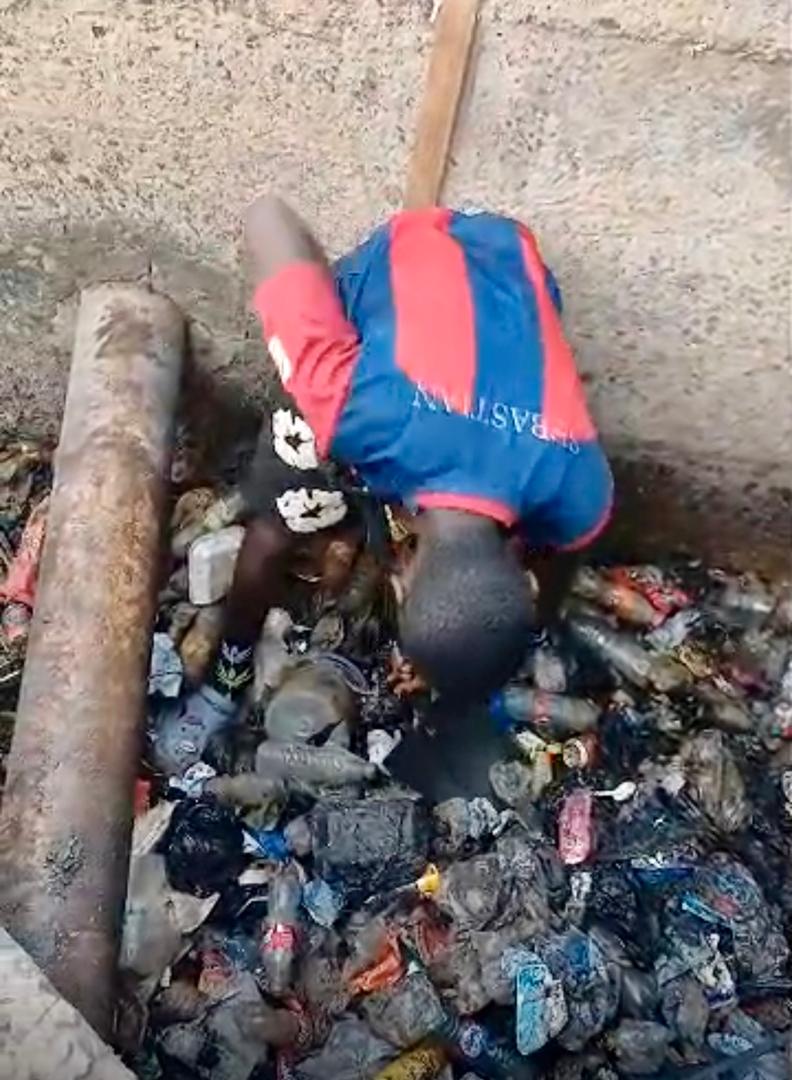There is a growing, worrying, yet helpless trend where persons alleged to have committed petty crimes, most often the theft of livestock around Sekondi–Takoradi in the Western Region, are being dealt with by residents instead of the police.
Rather than being handed over to law enforcement, suspects are frequently beaten or made to spend long hours doing communal labour, a practice that continues to fester across several communities.
The practice has been widely commended locally, particularly by victims of such thievery. After a spate of thefts, opinion leaders and residents in some neighbourhoods formed community “watchdog” committees made up of mostly young men who volunteer to patrol at night and in the early hours, looking for suspected thieves.
Their activities, residents say, have been “remarkable” not in the sense that crime has disappeared, but that thefts are reported less often than before.
“Before the advent of the community watchdog committee, not a day would pass without someone complaining about a missing item from personal effects, beddings, or livestock here in New Takoradi. Now, it is reducing. We go days without recording any thievery,” a resident told ConnectFM during the Community Concern segment on the Omanbapa Breakfast Show on September 30.

On the morning of Tuesday, September 30, a 23-year-old was caught in New Takoradi and filmed. The footage shared with ConnectFM shows him tied by a rope at the waist, holding a shovel while wading into a heavily choked gutter to scoop out rubbery waste.
He was being made to de-silt the drain while others beat him and barked instructions; at times, he pleaded his innocence.

“The fowls belong to my grandmother. I stole it from Sekondi and had gone to New Takoradi to sell it. I’ve been doing this for a while now. I’ve stolen all the fowls. I sell the two for 100 cedis,” he later confessed on the Omanbapa Show.
According to members of the watchdog committee, some suspects later confessed to selling stolen animals to an abattoir close to the community. ConnectNews’ attempts to corroborate those claims with people close to the abattoir were unsuccessful.
Members of the watchdog groups say they used to hand suspects to the police, but that practice stopped after repeated frustrations. “We would catch alleged thieves, take them to a station, and later find the suspect released. That was frustrating,” one committee member told ConnectFM’s Morning Show host Nhyiraba Paa Kwesi Simpson.
“If you think about waking up in the night to patrol, catching a thief only for him to be set free, then you might be compelled to either give up. To ensure that our efforts “pay off,” we can come up with this novelty to make anyone caught do communal labour by sweeping, de-silting gutters, weeding, and then set them free. It is not the best, but under the current circumstances, that is what we think is best.”
That same sense of exasperation echoes across other towns where livestock theft remains a common household grievance. Two weeks earlier, a frustrated resident of BU Ekow Nimo told the Omanbapa Morning Show that after he assisted in arresting a man who tried to steal his goat and took him to the police, he returned the next day only to be told the suspect had been released because “they don’t have money to feed him.”
A week later, another goat was stolen. “So I am here to sound a stern warning that anyone caught will not be spared, as I have planned to do something very drastic,” he said. According to him, his resolve is rooted in the perceived inability of formal justice actors to secure swift punishments, which is a major driver of the continuous thievery.

Callers into the show agreed that people are right to take whatever action they deem necessary if the police will not help. They contend that petty theft of livestock may seem minor, but for households that depend on a goat or chicken for food or income, the losses are deeply felt.
Others think the resolve by some victims is perilous, as these informal punishments risk spiraling into violence, and innocent people can be wrongly targeted. More importantly, the cycle corrodes trust in institutions and blurs the line between deterrence and abuse.
“For now, the community watchdogs may provide a semblance of order. But unless police capacity improves, markets for stolen animals are better monitored, and credible channels of justice are restored, the anger festering in places like New Takoradi and BU could escalate. So these things we see where the suspects are engaged in forced labour in a gutter could, one day, end in irreversible tragedy,” a caller opined.
Source:Lovinghananews.com


